Controlled Synthesis of Metal-Organic Frameworks in Scalable Open-Porous Contactor for Maximizing Carbon Capture Efficiency
Y. H. Lee, Y. Kwon, C. Kim, Y.-E. Hwang, M. Choi, Y. Park, A. Jamal, D.-Y. Koh* JACS Au, Vol. 1 (8) 1198–1207
https://doi.org/10.1021/jacsau.1c00068
Metal–organic frameworks (MOFs) are a class of microporous materials that have been highlighted with fast and selective sorption of gas molecules; however, they are at least partially unstable in the scale-up process. Here, we report a rational shaping of MOFs in a scalable architecture of fiber sorbent. The long-standing stability challenge of MOFs was resolved by using stable metal oxide precursors that are subject to controlled surface oxide dissolution-growth chemistry during the Mg-based MOF synthesis. Highly uniform MOF crystals are synthesized along with the open-porous fiber sorbents networks, showing unprecedented cyclic CO2 capacities in both flue gas and direct air capture (DAC) conditions. The same chemistry enables an in situ flow synthesis of Mg-MOF fiber sorbents, providing a scalable pathway for MOF synthesis in an inert condition with minimal handling steps. This modular approach can serve both as a reaction stage for enhanced MOF fiber sorbent synthesis and as a “process-ready” separation device.


